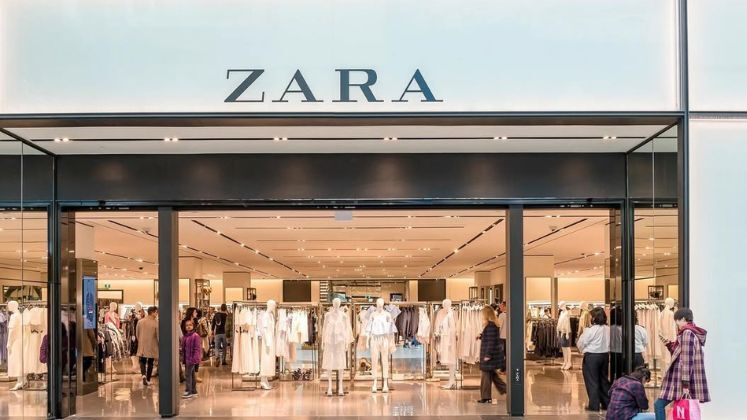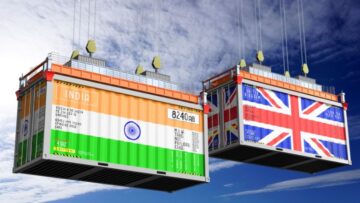
Zara’s parent company, Inditex, saw its worst sales growth in India in fiscal year 2025, with revenue growth of less than 1%, after an 8% increase the year before. This is due to the group’s increased competition from international rivals in the clothing sector.
According to Trent’s annual report, sales growth for Inditex-Trent, its joint venture with Tata that operates 23 Zara stores in India, was less than 1% in fiscal 2025, reaching Rs. 2,782 crore (US $ 323 million), compared to 8% increase in the previous year. The net profit, however, increased by 23% to Rs. 299 crore (US $ 34.72 million).
Zara is still growing in Tier-2 and Tier-3 markets in India, despite obstacles like high inflation that affects consumer purchasing, according to P Venkatesalu, CEO of Trent Limited.
With 765 stores overall, Trent has refocused on its more affordable fast fashion brand, Zudio. Additionally, Trent operates Massimo Dutti outlets in India through a different partnership with the Inditex group. Revenues for the firm decreased marginally to Rs. 100 crore (US $ 11.67 million) in FY ’25 as compared to Rs. 101 crore (US $ 11.73 million) in FY ’24.
While Tata’s competence is primarily in locating real estate, Inditex handles the majority of Zara’s back-end and merchandise procurement.
The Spanish business stated in its annual report earlier this year that it had a call option to purchase a 35% share in the local joint ventures, Massimo Dutti India and Inditex Trent Retail, from Tata business’s Trent.
In India, Inditex Trent has adopted a strategy that has been successful for Zara worldwide: producing inexpensive versions of the newest styles or designer clothing and making them instantly accessible to customers. From design to distribution, Inditex has nearly complete control over its business processes. A new style gets taken off the shelves of their stores all over the world if it is not popular within a week.






